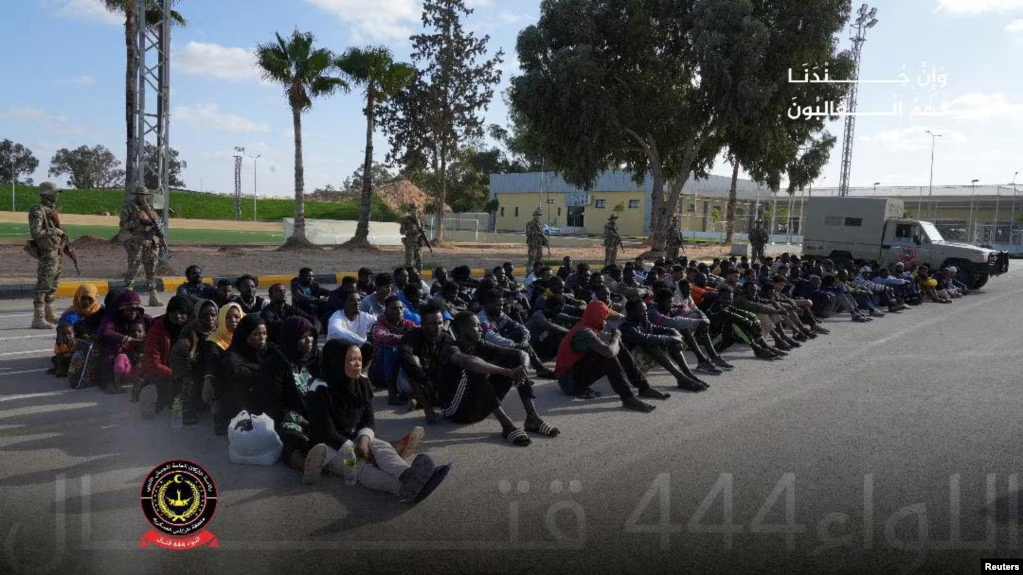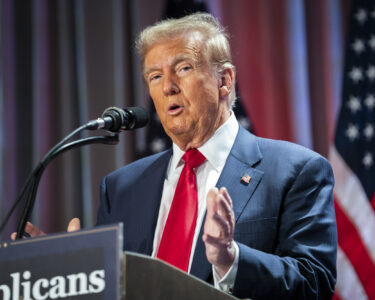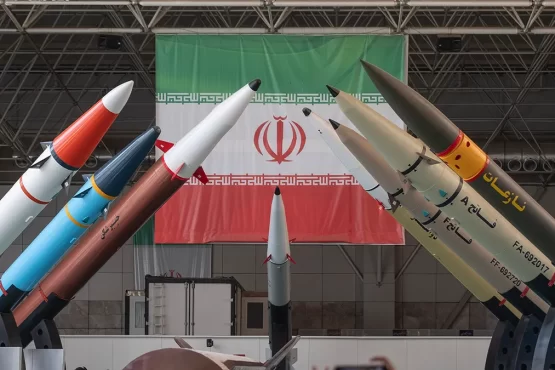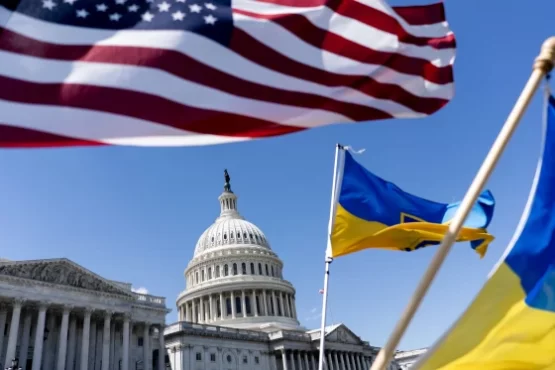Britain expanded its campaign against Russian sanctions evasion Monday, targeting 30 additional ships suspected of helping Moscow circumvent international oil restrictions, bringing the total number of vessels under UK restrictions to 73.
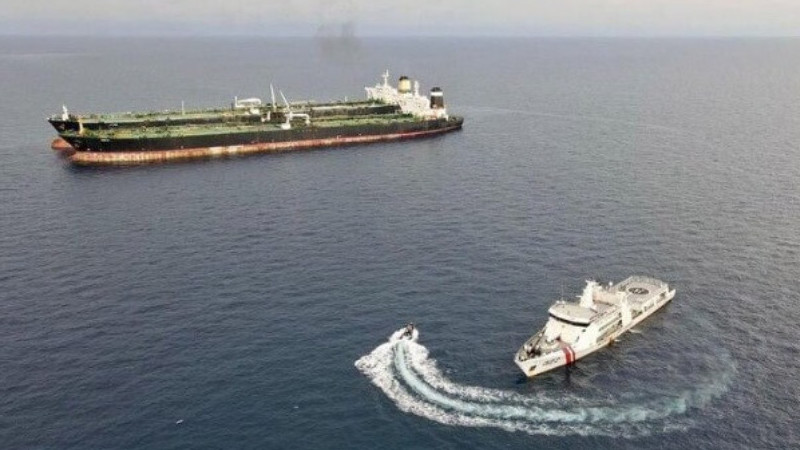
Foreign Secretary David Lammy announced what he called Britain’s “largest sanctions package” yet against tankers and cargo ships during a G7 foreign ministers meeting in Italy. The move surpasses current U.S. and European Union vessel restrictions and includes penalties against two Russian insurers allegedly enabling the shadow fleet operations.
The Foreign Commonwealth and Development Office (FCDO) reports that half of the newly sanctioned vessels transported more than $4.3 billion worth of oil and petroleum products over the past year. These ships typically operate under flags of convenience while carrying Russian oil, allowing the Kremlin to maintain exports despite international sanctions and the global oil price cap.
The effectiveness of previous sanctions became evident when two recently penalized oil tankers, the Gabon-flagged Artemis and Honduras-flagged Sea Fidelity, were left “idling uselessly in the Baltic Sea” after being sanctioned last month, according to the FCDO.
British officials point to Russia’s increasing reliance on North Korea and Iran for military equipment as evidence that the broader sanctions regime is working. The shadow fleet, operating with questionable ownership structures or inadequate insurance, has become a crucial tool for Moscow to maintain revenue streams funding its war in Ukraine.
The latest sanctions represent an intensified effort to close loopholes in the international pressure campaign against Russian oil exports, targeting both the vessels and the financial infrastructure supporting their operations.



